What would you need if you had to stay at the hospital an extra 14 days while your newborn was in the Neonatal Intensive Care Unit (NICU)?
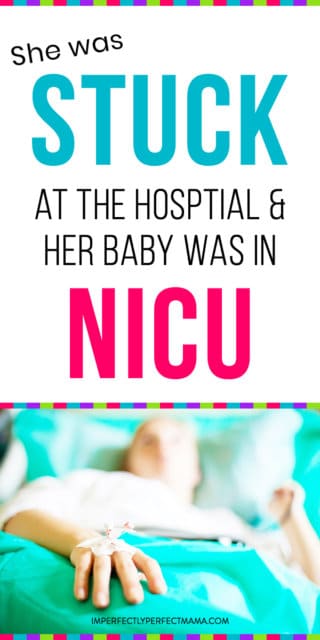
The Neonatal Intensive Care Unit provides 24 hour care by trained health care providers and specialized equipment to help your premature or sick baby get optimal care.
Her Labor
My daughter’s water broke 2 weeks early.
She immediately went to the doctor’s office and then was sent to the hospital.
Somewhere in that time she got an infection. She labored with a 103 degree fever!
She was so hot she remembers shaking and shaking during labor.
After a stressful labor and delivery, my daughter and her husband welcomed Baby Sunshine into their lives.
We all were excited. The doctor knew the baby would have an infection since my daughter had the high fever.
The baby started with an extra 14 days in the hospital NICU fighting that infection and the staff took wonderful care of her.
The baby’s original infection has been treated with a general “shotgun” of antibiotics. However, her blood sample was cultured and then the antibiotics for her were customized to fight her specific bacteria.
Although it was close to Thanksgiving, the NICU staff was adamant that there would be no going home early.
By using this antibiotic system of administration for babies, the medical staff has been able to greatly reduce spinal meningitis in infants (Hooray!).
Although unaware of it at the time, the mother’s – my daughter’s – infection was taking hold and she began to get weaker and weaker. We needed to take care of her.
Because she was already discharged, the nurses did not immediately realize what was happening. Her original infection had been treated with a general “shotgun” of antibiotics.
These were discontinued at her discharge. The mother’s infection continued to take hold: her episiotomy was infected and it was throughout her whole system.
A week after delivery, she could hardly walk the 200 steps down to NICU to nurse the baby.
What was going on??
The mother and her baby had to stay at the hospital for two weeks to get better.
If you ever end up in a similar medical situation and have to stay in the hospital after you give birth check out what you need to make your stay less stressful (and support your recovery after birth).
1. Needed: Notebook and Pen
Please get yourself a notebook and pen so that you can write down a good detailed notes of what is happening. This is good practice to have one section for your newborn and one for yourself.
For Yourself
If you are too sick to do this yourself, make sure you have someone that can write for you.
When did the pain start? How severe is it? What did you take for it? Were you able to nurse the baby? What is going on?
2. Symptom Relief for You
Admittedly, when you go through a perfectly normal labor and delivery, it is still quite traumatic to your system.
What can you do to help you feel better? Interestingly, a combination of both heat and cold are needed to help you feel better!
While you might never have imagined that ice on your pubic and vaginal area would ever feel good, right after delivery the cold helps to reduce swelling, which will help relieve pain.
Good resource: FITPregnancy and Baby The First 48 hours after birth Elena Vogel
Letdown
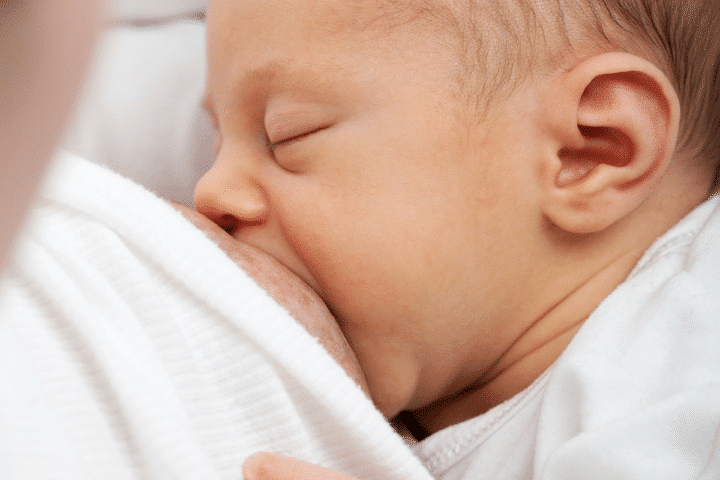
When your milk comes in, your breasts may be VERY tender.
Hot pads will relieve this, along with gentle pumping with a quality breast pump.
Most hospitals have lactation consultants on staff or on call. Do not hesitate to request some help!
Although helpful, no number of Youtube videos viewings will be the same as nursing your own newborn. If your nipples are tender, you probably aren’t getting a good latch.
There are creams to help you, silicon protectors to protect a cracked nipple and other aides that they will be able to recommend. It is fine to call in some help – don’t feel that you have failed in some way.
Whatever it takes to get you off to a good start is worth it. Call for help and assistance every single time if you need to.
If you cannot get hot compresses to relieve the breast tenderness, a hot shower will feel good. It is okay to take two or three showers a day if it helps you feel better.
Your back may hurt – use hot compresses to relieve that discomfort.
Sitz Bath
While a little complicated to figure out, once the sitz bath procedure is mastered, it will help your perineal area to heal, relieve pain and keep the area clean.
Basically, a bag of very warm water goes through a tube into a pan of very warm water that sits in the toilet. As the warm water from the bag goes into the pan, the water swirls around the pan and overflows into the toilet.
The lid of the toilet is up and the pan of water sits on the base of the toilet.
Unfortunately, the seat itself is not particularly comfortable.
Recommendation: Cut a thin stadium cushion into a horse-shoe shape so that you can comfortably sit, sitz and feel better. Wash the stadium seat with soap after each use.
You would think that the labor and Deliver wing of every hospital would have the softest toilet paper money can buy.
Unfortunately, most hospitals have the same thin, scratchy toilet paper on every floor.
Recommendation: Buy and bring with you the softest toilet paper you can find.
The hospital will supply you with large, bulky pads to catch vaginal discharge.
The thick pads do the job but the bulkiness adds more pressure to an already sensitive area. Recommendation: Have a supply of your own favorite thin but absorbent pads.
3. Meal Planning
While you are a patient, meals will be provided for you.
If you are discharged but your baby is remaining in NICU, you will probably be responsible for providing your own meals.
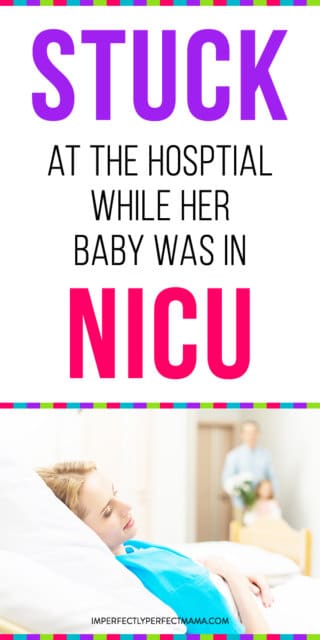 If you have friends that want to help, this is a perfect opportunity!
If you have friends that want to help, this is a perfect opportunity!
They can organize a meal train for casseroles, etc. to be delivered to your house.
If you are staying at a “guest” room in the hospital, a goodie basket of snacks is a great idea: granola bars, fruit, yogurt, smoothies (if you have a refrigerator in your room).
Also, a daily drop off of sandwiches for mom and family would be wonderful. Cash works well also!
To Sum It Up
Baby Sunshine was well-taken care of by the staff in NICU.
While my daughter had a rough go of it, she improved dramatically and quickly once on antibiotics.
By the time their 14 days was over, everyone was ready to be getting home and on to a regular schedule, rather than a hospital schedule.
If your baby does end up in NICU, I recommend the following: a notebook and pen, hot packs, cold packs, a thin stadium seat to make your sitz baths more comfortable, soft toilet paper, and a supply of thin absorbent pads.
It will be great if your friends can donate a snack basket for you and add some cash to take care of meals at the hospital.
I wish you the best for your labor and delivery!

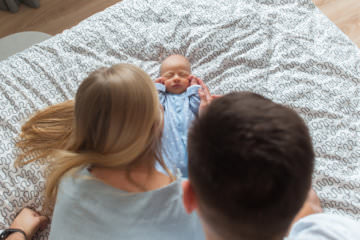
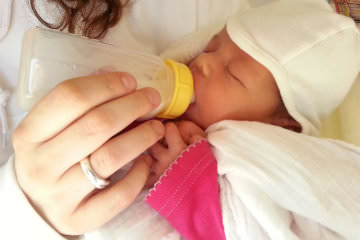
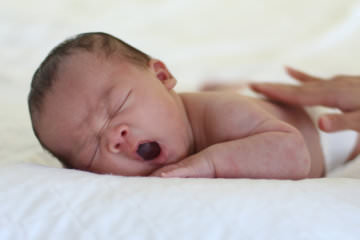
2 Comments